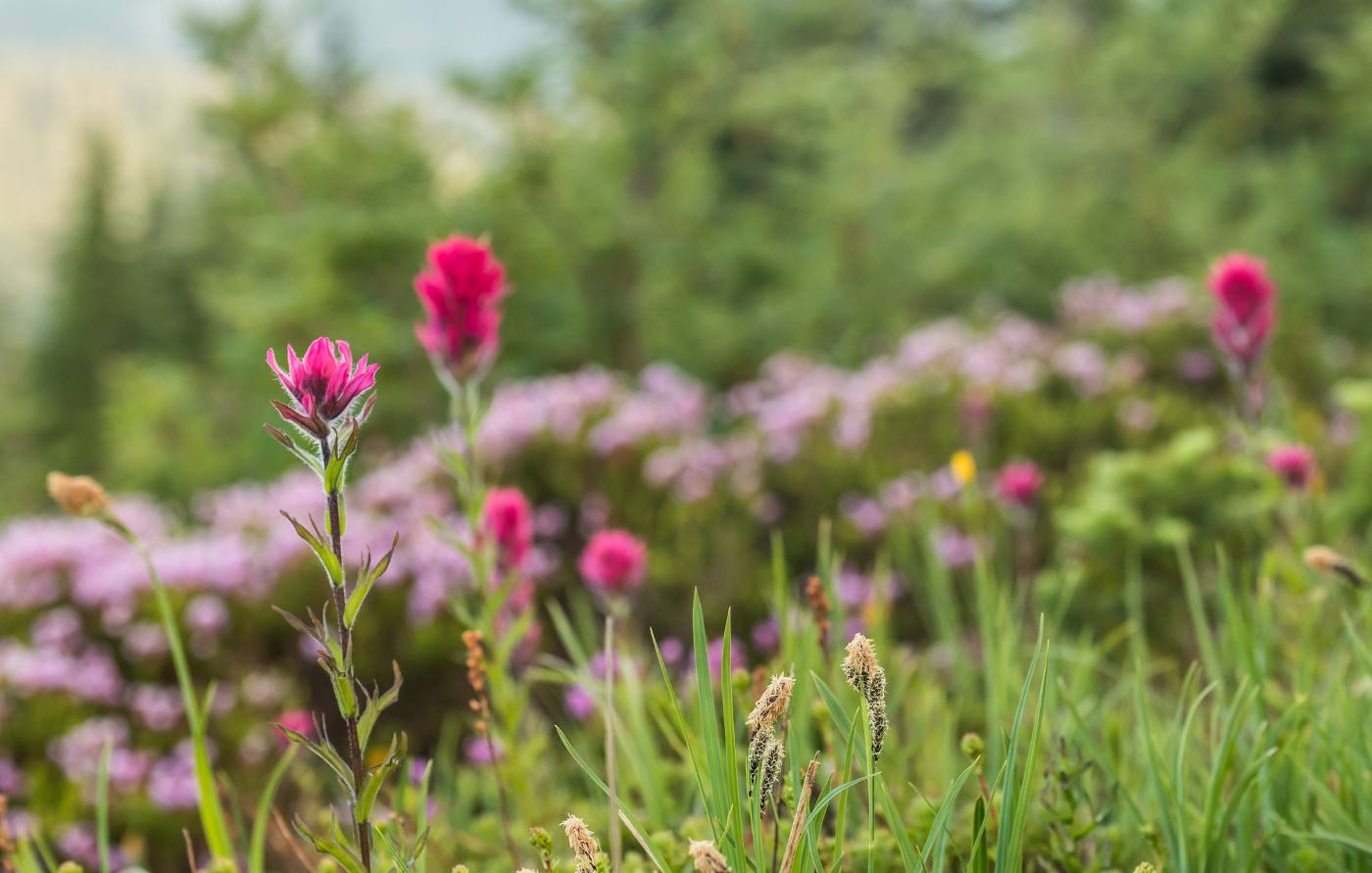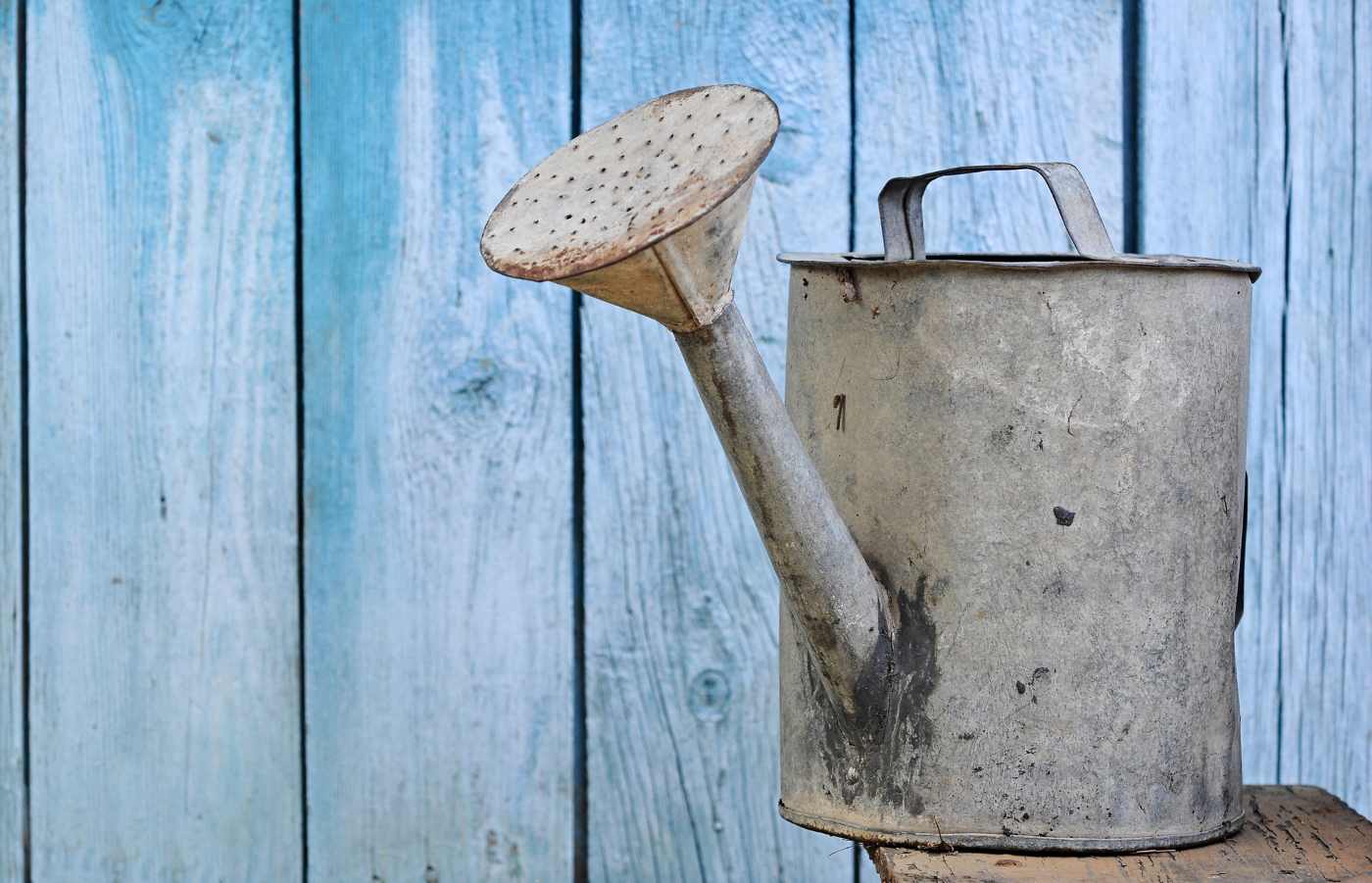Creating an eco-friendly garden is more than just a trend. It is a critical step towards protecting the environment and preserving the planet’s biodiversity.
An eco-friendly garden utilizes sustainable practices that work with, rather than against, the natural world. This garden minimizes waste, reduces water consumption and creates a habitat for local wildlife.
Moreover, creating an eco-friendly garden can be a rewarding and enjoyable activity. It offers a chance to connect with nature, reduce stress and get some exercise. It also allows gardeners to create a beautiful and functional space that supports their health and well-being.
Here are five of our best tips for creating a garden that benefits the environment.
Choose Native Plants
An important thing you can do in your garden to benefit the environment is to choose plants native to your region. They have adapted to the local climate, soil conditions and wildlife, making them better suited for the local environment than non-native plants.
Using native plants in a garden has numerous benefits. They require less water and maintenance than non-native plants, as they are adapted to local conditions. This means they are more drought-resistant and disease-resistant, making them a more sustainable choice.
These plants also provide habitat and food for local wildlife, supporting biodiversity in the area. They help to reduce soil erosion and improve air and water quality.
For instance, if you are based in the UK, some examples of native plants you could consider for your garden include bluebells, foxgloves, lavender and meadowsweet. These plants are all native to the UK and provide a beautiful and sustainable addition to any garden.
Provide Habitat for Wildlife
Habitat loss and fragmentation have led to declines in many species of wildlife, so providing habitat in your garden can help to support local biodiversity.
To attract wildlife to your garden, there are several features you can add. The first is a variety of native vegetation. Additionally, you’ll need to leave a patch of your garden untouched or allow fallen leaves and branches to accumulate. This can provide a habitat for insects and other small animals.
Water features like bird baths or small ponds can also attract wildlife to your garden. Provide nesting boxes or other structures to shelter birds and other animals. Consider creating a compost pile to provide a food source and habitat for various decomposers such as worms and insects.
If you are adding any structure to your garden that needs planning permission, then you also need to consider a requirement called Biodiversity Net Gain. You can get a Biodiversity Net Gain plan to ensure you meet this requirement.
Reduce Water Usage
Conserving water is critical for the environment, as water is a limited resource essential for all life on Earth. Droughts are becoming increasingly common and severe in many parts of the world as a result of climate change. This further stresses water resources. It is essential to reduce water usage to ensure enough water for human needs and the natural world.
There are many ways to reduce water usage in the garden. One of the simplest is to use drought-tolerant plants, which are adapted to dry conditions and require less water than other plants.
Planting in the early morning or late evening can also help to reduce water loss through evaporation.
Another effective way to reduce water usage is to use rainwater collection systems. You can use rainwater collection systems like barrels or tanks to capture and store rainwater for later use. This water can be used for watering plants, washing tools and other non-potable uses.
Mulching is another effective water-saving technique, as it helps to retain moisture in the soil and reduces evaporation. Additionally, regular weeding can help to reduce water usage, as weeds compete with other plants for water.
Always promptly fix any leaks or broken sprinklers; even minor leaks can waste significant water over time.
Use Natural Pest Control
When gardening, it’s important to avoid using chemicals that could be hazardous to human or environmental health. These chemicals can contaminate soil, water and air and harm beneficial insects and wildlife. Reducing or eliminating harmful chemicals in the garden is essential to protect human health and the natural world.
Fortunately, many natural pest control methods can be used instead of harmful chemicals.
Companion planting, for example, involves planting certain species of plants together that have a mutually beneficial relationship. For instance, planting marigolds alongside vegetables can help to repel harmful insects while attracting beneficial ones like ladybugs.
Other natural pest control methods include using physical barriers, such as row covers or netting, to prevent pests from accessing plants. Handpicking pests from plants can also be effective, particularly for larger insects like caterpillars.
Maintaining healthy soil and plants can help to reduce pest problems, as healthy plants are less susceptible to damage.
Compost
Food leftovers and other plant matter can be composted to provide a nutrient-rich soil supplement.
Composting is essential in creating an eco-friendly garden. It helps to reduce waste in landfills, improves soil health and reduces the need for chemical fertilizers. It also helps in the removal of atmospheric carbon, which can help to mitigate climate change.
Setting up a compost bin is a simple and effective way to get started with composting. The bin can be made from various materials such as wood pallets or wire mesh and should be placed in a sunny spot with good drainage.
To start composting, add a mix of brown and green materials to the bin, such as leaves, grass clippings and food scraps. The materials should be layered and moistened periodically to create the ideal conditions for decomposition.
Once the compost is ready, it can be used as a natural fertilizer and soil amendment in the garden. Compost can be applied to the soil’s surface as a top dressing, mixed into the soil before planting or used to make compost “tea,” a liquid fertilizer. Compost helps to improve soil structure, retain moisture and provide essential nutrients to plants.
Images: Depositphotos

